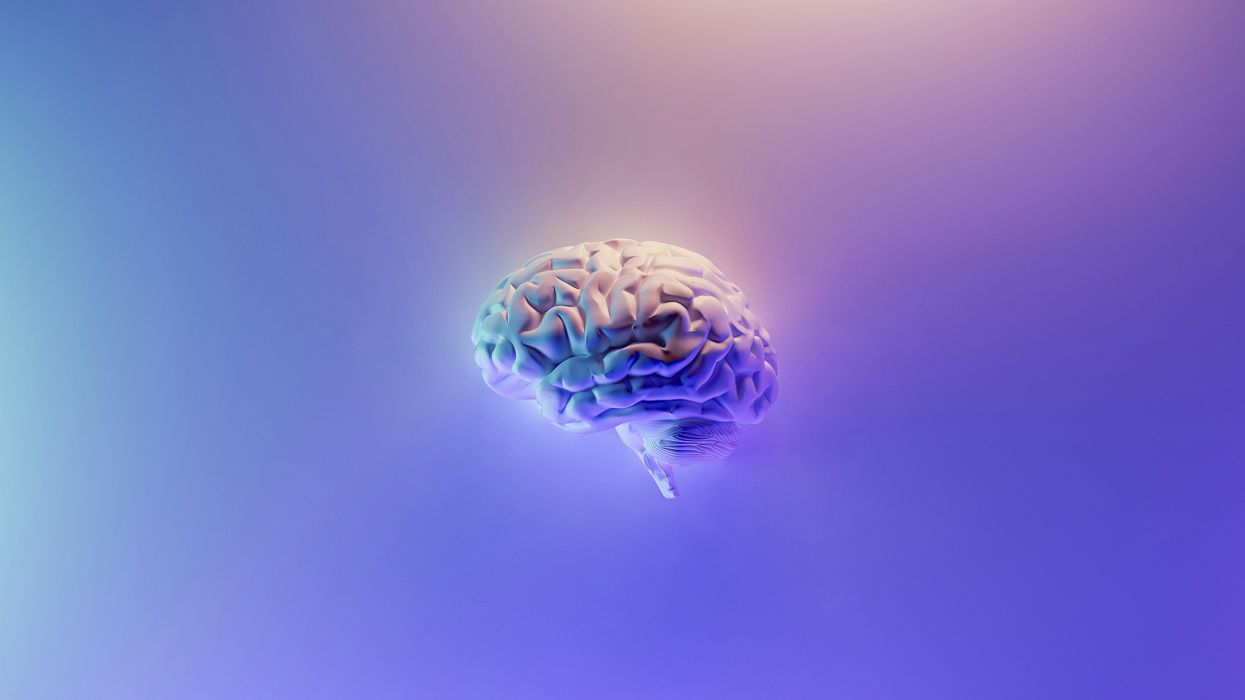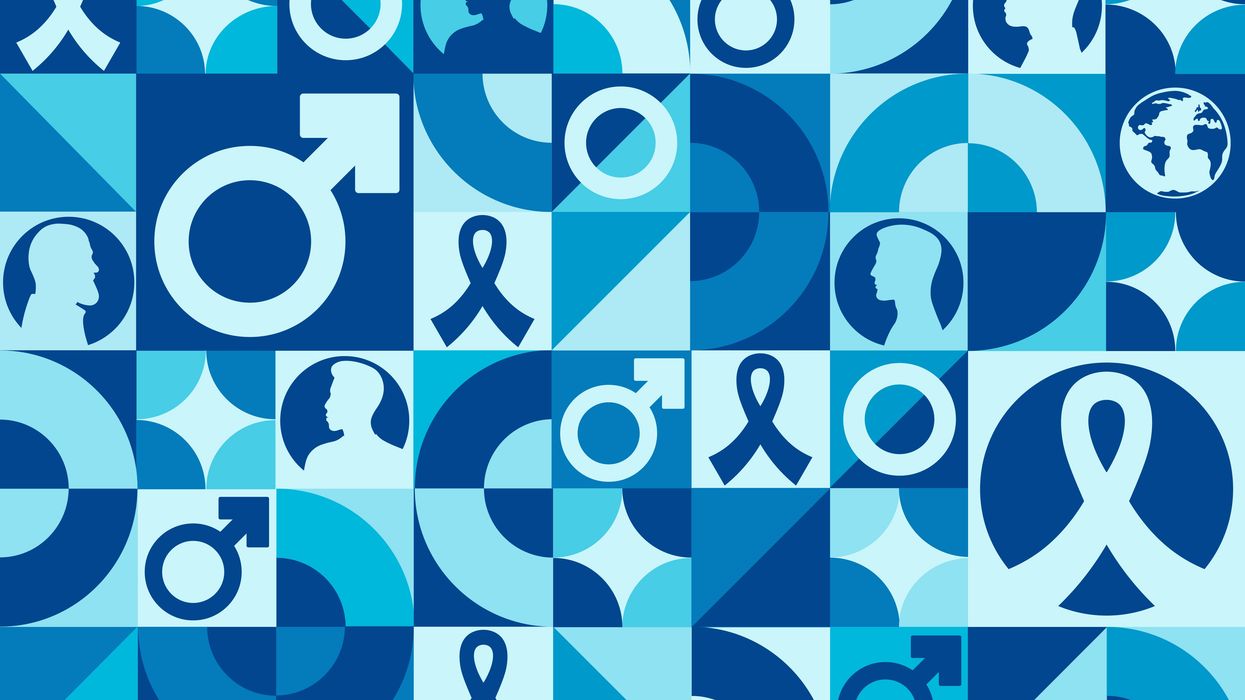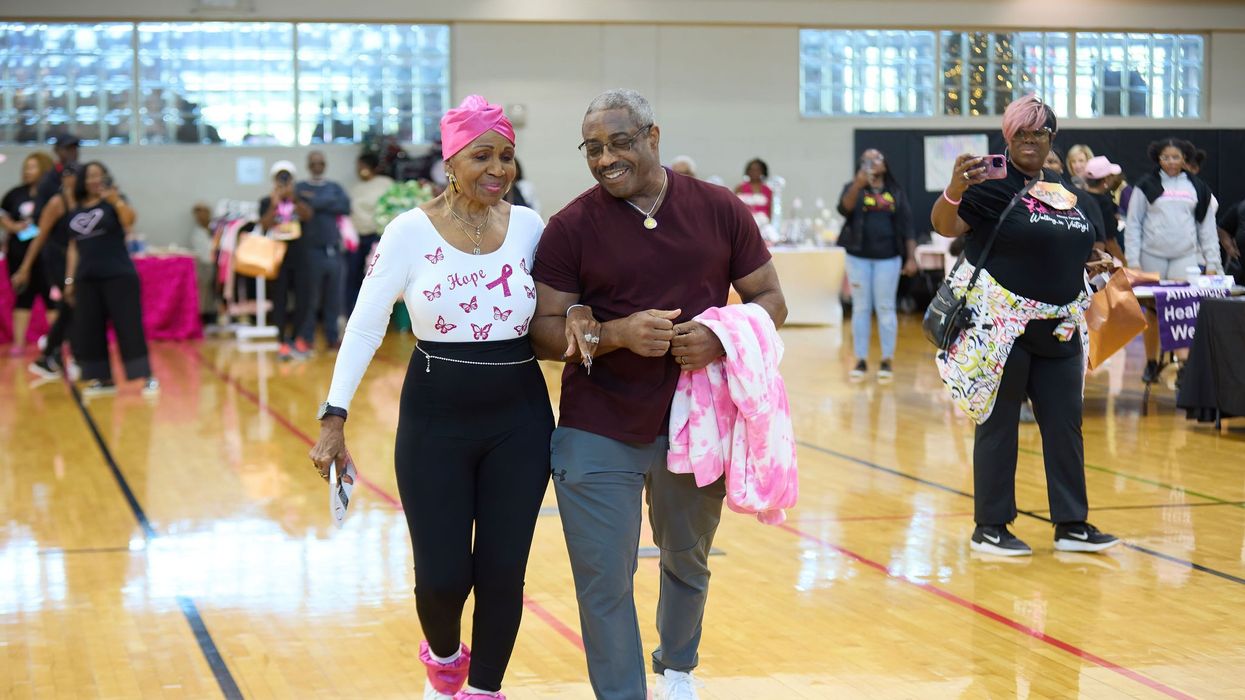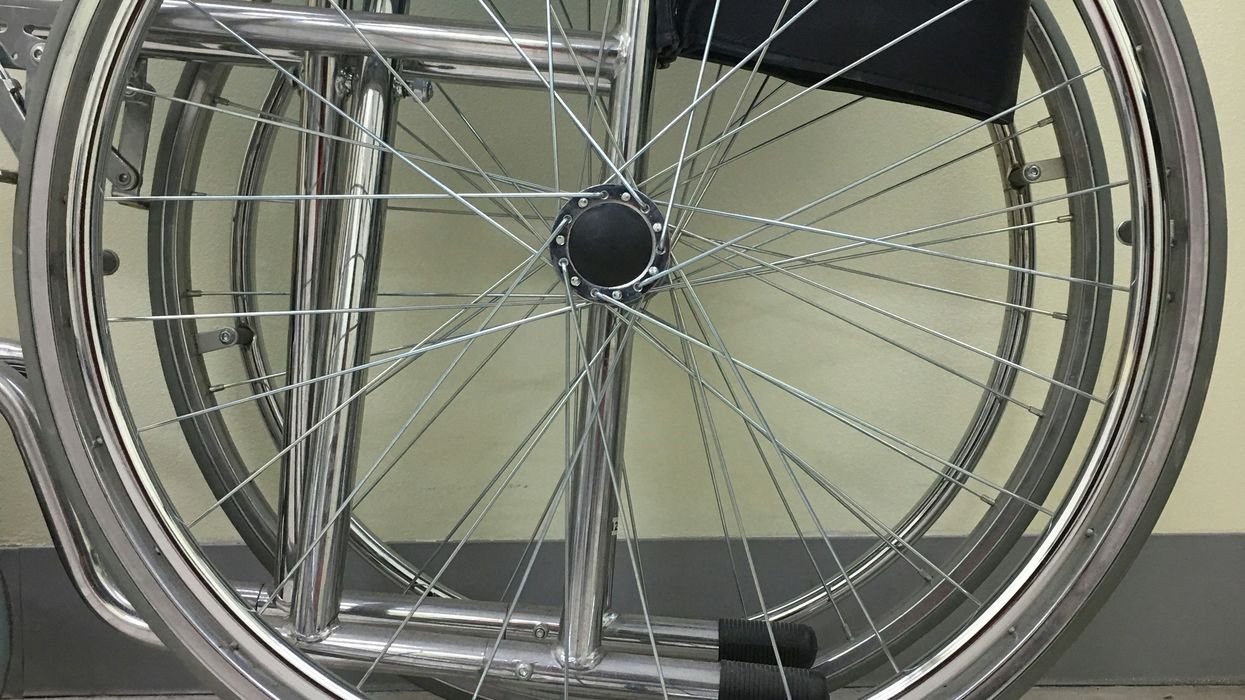March is recognized as Traumatic Brain Injury (TBI) Awareness Month, a time dedicated to increasing public knowledge about TBIs, their impact, and the importance of prevention and treatment. Traumatic brain injuries affect millions of people each year, often leading to long-term disabilities and requiring extensive rehabilitation (Centers for Disease Control and Prevention, 2023). By dedicating a month to TBI awareness, we collectively work towards creating a more inclusive and supportive society for those affected by brain injuries, while also striving to prevent future incidents through education and advocacy.
The Impact of Traumatic Brain Injury
TBI is a disruption in normal brain function caused by a sudden jolt or blow to the head. The severity of TBI can range from mild concussions to severe injuries resulting in cognitive and physical impairments. According to the CDC, approximately 1.5 million Americans sustain a TBI annually, and nearly 230,000 are hospitalized due to these injuries (CDC, 2023). Common causes include falls, motor vehicle accidents, sports-related injuries, and combat-related trauma among military personnel.
The Goals of TBI Awareness Month
TBI Awareness Month focuses on:
- Educating the Public – Raising awareness about the signs, symptoms, and consequences of TBIs.
- Promoting Prevention Strategies – Encouraging the use of helmets, seat belts, and safety measures to reduce injury risk.
- Advocating for Research and Treatment – Supporting advancements in TBI treatment, rehabilitation, and long-term care.
- Supporting Affected Individuals and Families – Providing resources for those living with TBIs and their caregivers.
Recognizing the Signs of TBI
Early recognition and treatment of TBI are essential for recovery. Symptoms vary depending on the severity but may include:
- Headaches, dizziness, and nausea
- Memory loss and difficulty concentrating
- Mood changes and depression
- Sensory impairments, such as blurred vision or ringing in the ears (Mayo Clinic, 2022)
Advances in TBI Treatment and Research
Research continues to improve the understanding of TBI and its long-term effects. Studies on neuroplasticity and rehabilitation therapies have led to better treatment approaches, including:
- Cognitive Therapy – Enhancing memory and problem-solving skills.
- Physical Rehabilitation – Restoring motor functions and reducing muscle weakness.
- Medication and Experimental Treatments – Exploring drugs and non-invasive brain stimulation to promote recovery (National Institute of Neurological Disorders and Stroke, 2023).
How to Get Involved
Individuals and organizations can contribute to TBI awareness by:
- Sharing educational materials on social media.
- Advocating for improved safety regulations in sports and workplaces.
- Supporting research initiatives and nonprofit organizations dedicated to TBI care.
- Encouraging those affected by TBI to seek medical attention and rehabilitation services.
Traumatic Brain Injury Awareness Month serves as a crucial time to educate the public, advocate for policy changes, and support individuals affected by TBI. By prioritizing safety, investing in research, and fostering a supportive community, we can help reduce the impact of TBIs and improve outcomes for those living with these injuries.
References
- Centers for Disease Control and Prevention. (2023). Traumatic Brain Injury & Concussion. Retrieved from https://www.cdc.gov
- Mayo Clinic. (2022). Traumatic Brain Injury Overview. Retrieved from https://www.mayoclinic.org
- National Institute of Neurological Disorders and Stroke. (2023). Traumatic Brain Injury Research. Retrieved from https://www.ninds.nih.gov


















